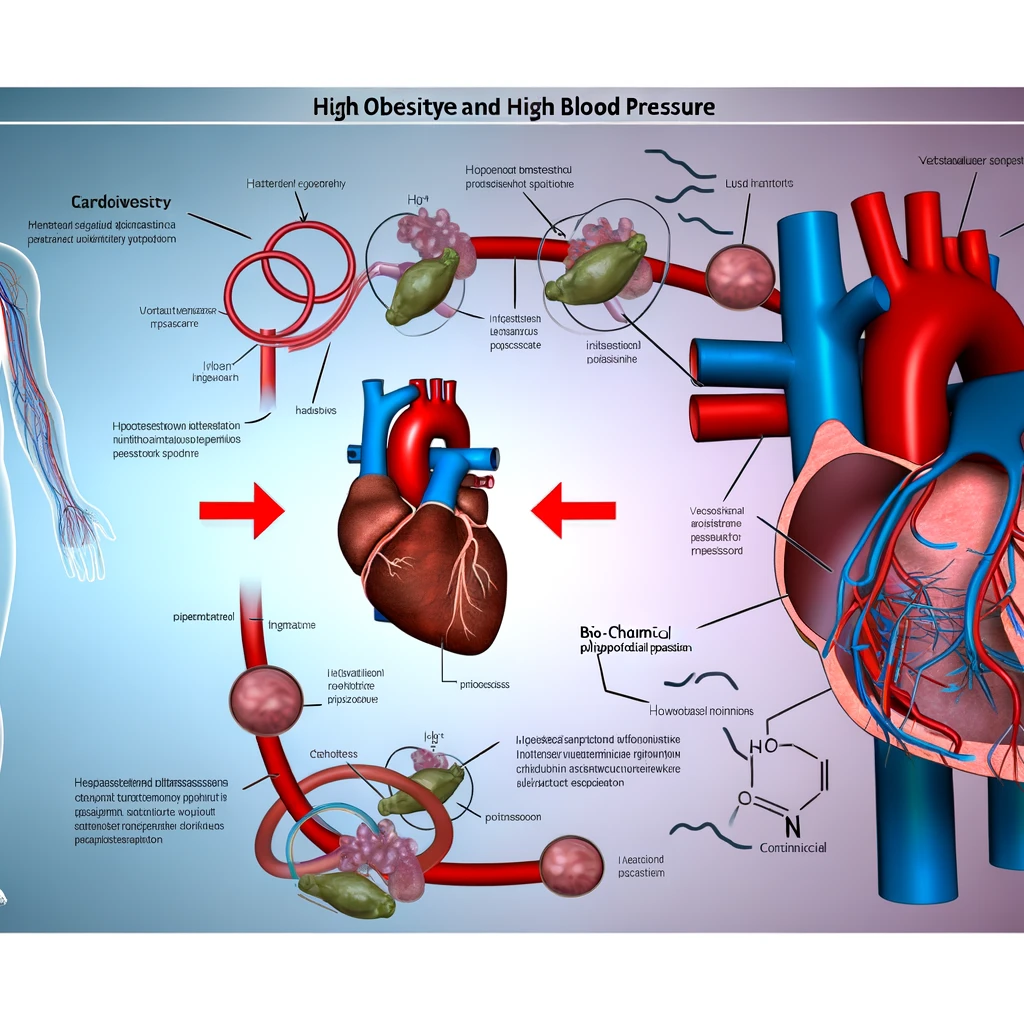Related Articles









Heart disease remains a leading cause of death globally, but it is largely preventable with the right lifestyle choices. This comprehensive guide will walk you through the essential elements needed to cultivate a heart-healthy lifestyle, focusing on diet, exercise, and stress management.
Before diving into lifestyle changes, it's crucial to understand what heart health entails. Cardiovascular health involves maintaining the heart and blood vessels in optimal condition to prevent diseases such as coronary artery disease, heart attack, and stroke. Key indicators of heart health include cholesterol levels, blood pressure, and body weight.
Nutrition plays a pivotal role in maintaining heart health. A heart-healthy diet emphasizes whole grains, lean proteins, healthy fats, fruits, and vegetables while minimizing processed foods, sugars, and saturated fats.
Physical activity is essential for strengthening the heart muscle, improving circulation, and managing weight. Aim for at least 150 minutes of moderate aerobic exercise or 75 minutes of vigorous exercise per week, as recommended by health experts.
Chronic stress can negatively impact heart health by elevating blood pressure and contributing to unhealthy lifestyle habits. Practice stress-reducing techniques such as meditation, yoga, deep-breathing exercises, and mindfulness to maintain emotional well-being.
Regular check-ups with a healthcare provider are critical for monitoring heart health metrics. Keep track of your cholesterol levels, blood pressure, and body mass index (BMI) to stay informed and make necessary adjustments to your lifestyle.
Adopting a heart-healthy lifestyle involves a holistic approach that combines nutritious eating, regular physical activity, and effective stress management. By making these changes, you can significantly reduce the risk of heart disease and enjoy a longer, healthier life.
Remember, it's never too late to begin. Start small, set realistic goals, and gradually integrate these practices into your daily routine. Consult with a healthcare professional for personalized advice tailored to your specific needs.